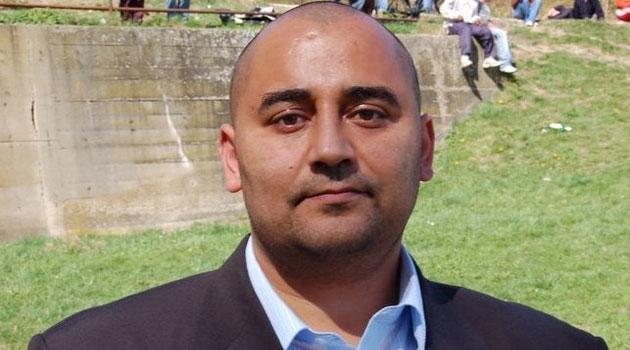Drahomír R. Horváth: Czech Romani Integration Strategy is pure discrimination

From time to time I receive first drafts of Government materials to comment on before they make their way, as bills proposed by the Government, to the lower house. These materials are various concepts, strategies, strategic plans – even strategic "wars".
The pivotal topic of all of these documents is Romani people. A few months ago I got on an airplane for a business trip to Kosovo, and on the way I read through the draft working version of the Czech Government’s Romani Integration Strategy.
This document is now heading from the minister’s office to the Government, and I fear it will be accepted with all its proposed discriminatory measures. The comments table for the proposal filled up more rapidly than I anticipated.
Paradoxically, as I was reading the document I was travelling from a country based on the civic principle, where all citizens have the same rights irrespective of their nationality, to a country based on the national principle, where nationality is essential and citizens of one nationality are guaranteed a privileged position over citizens of any other nationality. The content of the material I was studying, however, seemed more like legislation in Kosovo than in the Czech Republic.
I have not read anything so discriminatory – even though this is "positive discrimination" – in a long time. The Strategy proposes putting pressure on potential Romani students to choose Romani Studies as their college major, which is ridiculous, but the CZK 60 000 proposed remuneration to be offered to Romani college students is genuinely wrongheaded. (Editors’ Note: News server Romea.cz has been informed that the most recent version of the Romani Integration Strategy no longer includes this passage about financial aid for Romani college students).
One’s mere membership in a national minority – and only that – is proposed as the criterion for receiving this state support. That is distasteful and thoroughly discriminatory with respect to the thousands of students who are not Romani and who therefore are not entitled to this support.
The criterion could be that a student’s family is in a dismal social situation due to living in a socially excluded Romani locality, that the family’s child cannot study at college because they don’t have the money, they themselves are on welfare, etc. In such a case I might swallow state financial aid for studies, but this proposal I really cannot approve.
Another point that got me on my feet was the proposed support for a specific Romani music festival, with an amount of money that horrified me. As an integration mechanism it is unfortunate to give preference to one specific Romani music festival to the detriment of all the others.
It is not my role to assess questions of the cultural benefit each festival brings to the public, or the quality of each of the festivals. I just object to this bizarre section of the Strategy, especially to the inequality of access that will be enjoyed by other music festivals that are out of luck because they are not "Romani" and will not turn up in a Government resolution as state-supported.
The Romani Integration Strategy I had the honor of seeing a copy of is a material that cannot be implemented in practice, and I therefore do not anticipate it will be effective. It is yet another of the many concepts and strategies that have been written for the drawer, or only for people in Brussels, since our country, as an EU member, has certain obligations and must make such materials available.
There is no need to argue about the practical use of this material – the main thing is that it’s out (as those who created it are doubtless saying to themselves). For me, as a Romani man who has been fighting against unequal treatment on all fronts, this is a genuinely dodgy situation.
Because I am Romani, I am in the position of someone who is now unintentionally committing discrimination. If I or my children enroll in college, I would be entitled, as a Romani man, to a financial contribution from the state, as the Romani Integration Strategy mentions, while thousands of other students who are not Romani will not be entitled to any money.
That is discrimination in its pure form. We may call it positive discrimination, but that does not change the fact that it is discriminatory.
First published in Czech on Drahomír Radek Horváth’s blog.